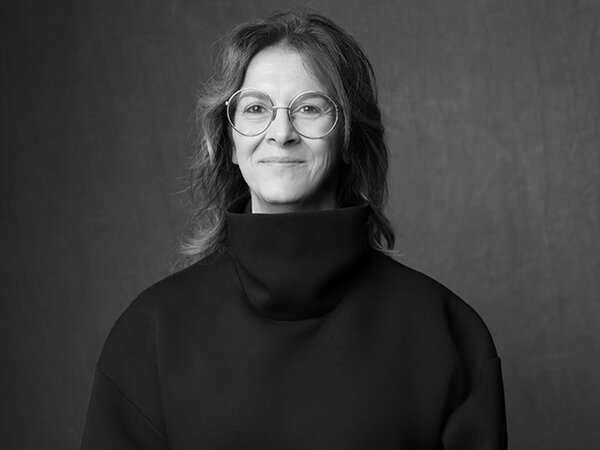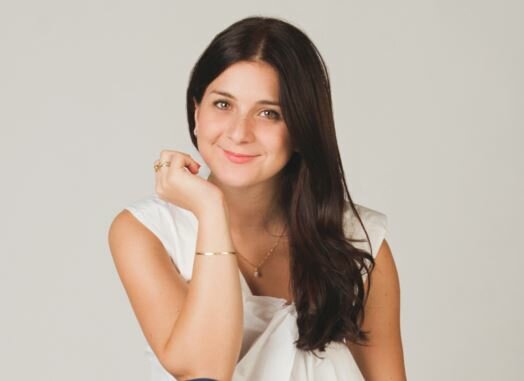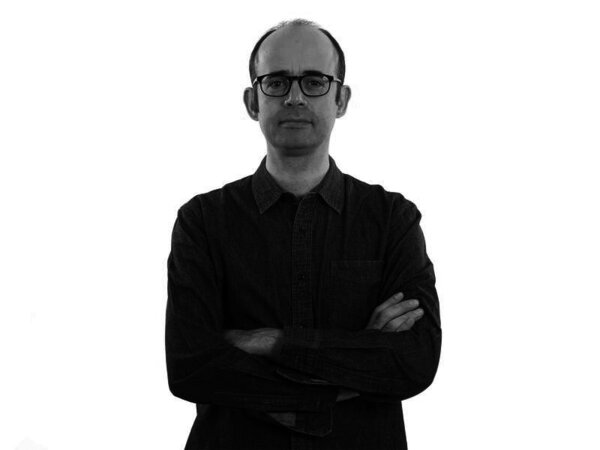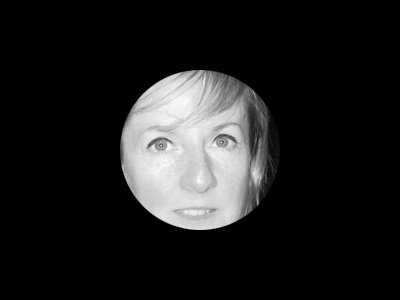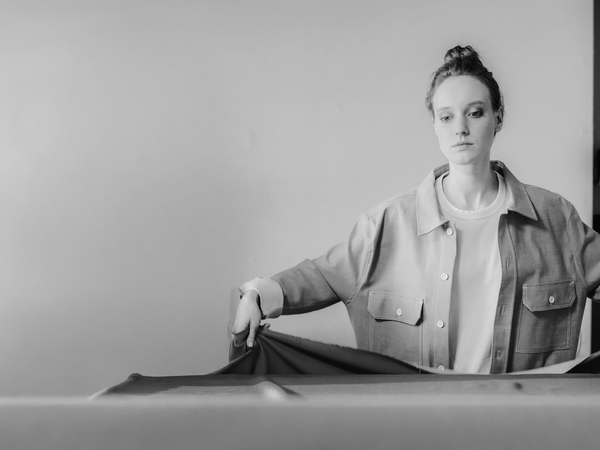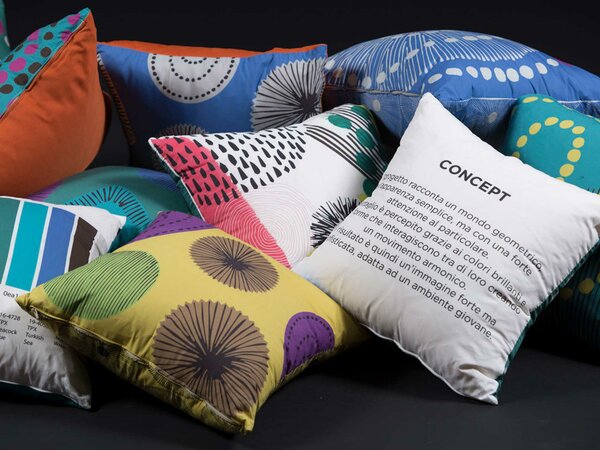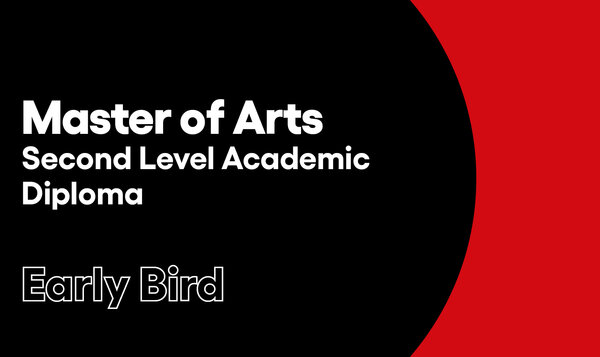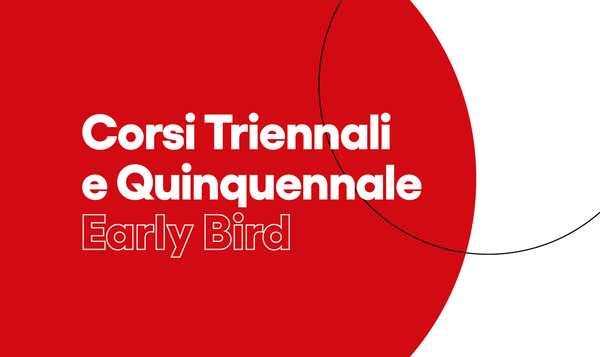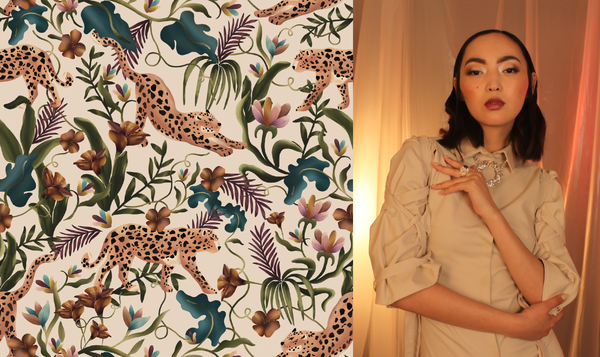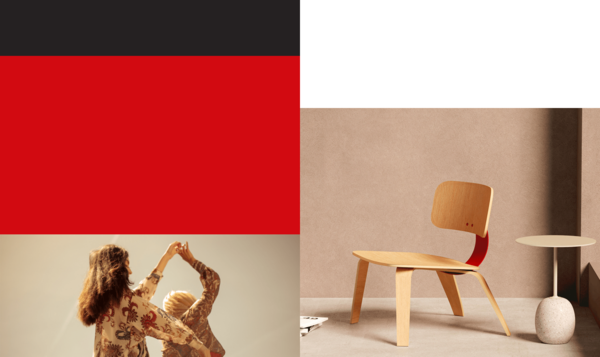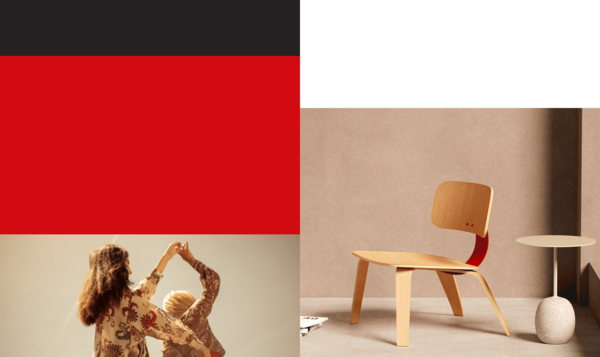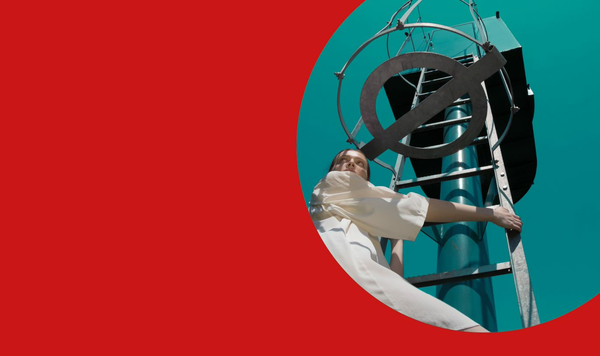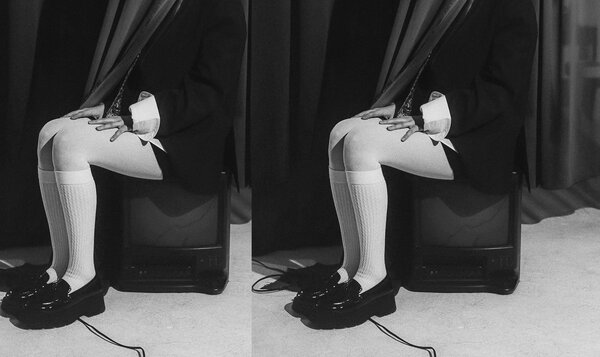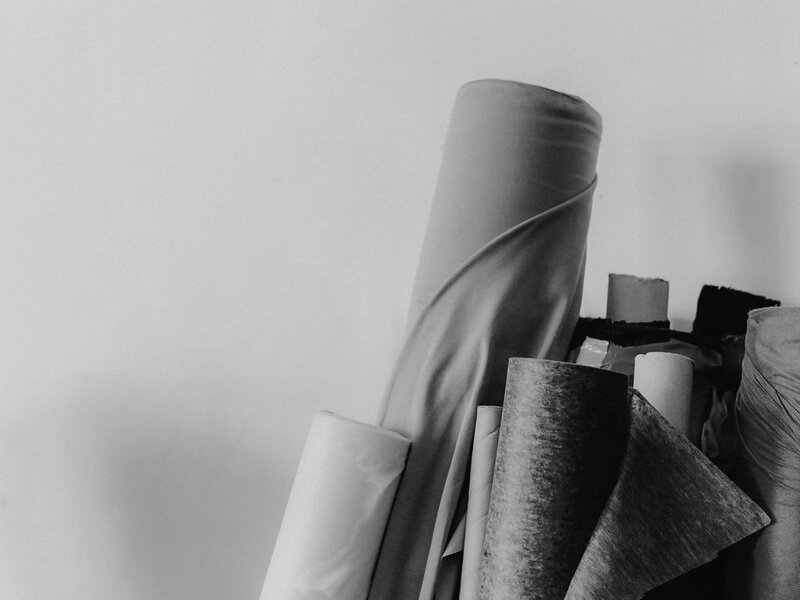
Fashion System
Heritage for Future Fashion
ENG
Language
English
Start date
October 2025
Frequency
Full time
Fruition
On campus
Duration
2 Years
Credits
120
Course Coordination
Giulia Salamon
Heritage, Digitalisation and Sustainability.
These are the strengths of the FASHION SYSTEM. Heritage for Future Fashion Master of Arts.
The course combines creativity, culture and strategy, design and management, experimentation and tradition, through technological and digital 4.0 skills, on a research journey through the historical archives of the largest textile companies.
The Master of Arts aims to train professionals who are able to use 3D technologies for the design of clothing, accessories and textiles and for the digitalisation of fashion archives.
Issued Degree:
Diploma Accademico di Secondo Livello (DASL), corresponding to a Master of Arts Degree (MA) – EQF7 Level (European Qualification Framework).
Credits:
The course awards 120 CFA (Academic Formative Credits), corresponding to 120 ECTS (European Credit Transfer and Accumulation System).
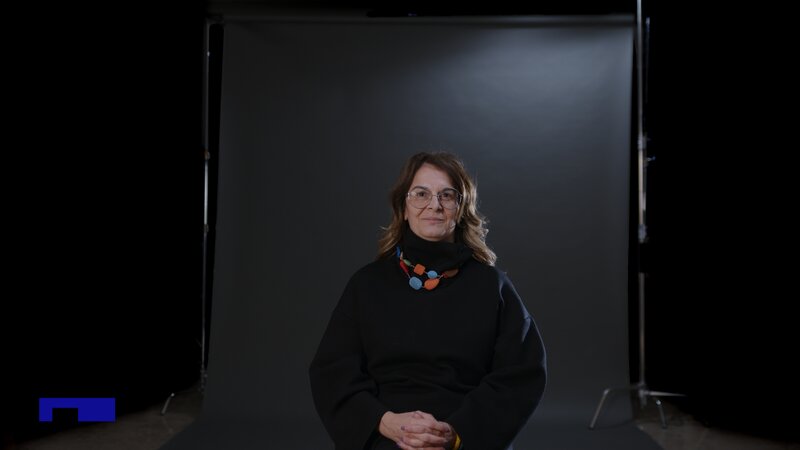
Giulia Salamon
Course Coordinator Second Level Academic Diploma in Fashion System
Information to decide
Enter the archives of textile companies and design fashion collections using 3D technology.
The Master of Arts in Fashion System - Heritage for Future Fashion at the Galli Academy alternates theoretical lessons with practical exercises and concludes with an internship of high educational value, carried out at some of the most important companies and archives in the sector. The partnership signed with Style 3D will provide an ecosystem for digitisation, 3D design and augmented reality during the two-year training course.
The course will allow students to acquire skills that are useful for roles such as: Heritage Manager, Textile and Fashion Product Manager, R&D Textile Manager, Fabric Visual Merchandiser, 3D Textile and Fashion Specialist, Textile Digital Designer.
All these functions are already present in companies and are among the most sought-after roles in the current and future market.
The Master of Arts in Fashion System - Heritage for Future Fashion at the Galli Academy is designed for all Fashion Textile, Design and Art graduates interested in furthering their knowledge and appreciation of the textile sector.
Access requires knowledge of the Office package, Photoshop and Illustrator, as well as basic Modelling skills.
The Master of Arts in Fashion System course is an educational project designed to support corporate heritage management in the textile production sector. The course aims to create new research paths in eco design and sustainability and is designed with an innovative perspective that develops technical design through workshop lessons with dedicated software and virtual and digital prototyping for 2D modelling and 3D modelling and augmented reality.
Syllabus
The 2 year course will alternate between theoretical and design lessons.
THEORY. The teaching method is based on the principle that the central theoretical module is flanked by the analysis of a specific case study, an activity that requires the students' reasoned reworking of the comparative research in the form of exercises, the creation of physical and digital prototypes and the processing of artefacts, in order to obtain new proposals.
DESIGN. Education through the Master of Arts takes place by way of direct design experiences, first at a propaedeutic level and then with a chronological logic of parallel training advancement in the courses of: Digital Modelling, Digital Photography, Accessory Design, Fashion Design and Packaging. The course has a focus on digital 3D aimed at developing the creative and professional skills of each student.
The course focuses on technique and design using the Style3D ecosystem and available libraries, with the aim of obtaining a technically perfect virtual collection from historical artefacts taken from the company's textile archives.
This structure represents the heart of the Master of Arts course and is enriched by multiple innovative fashion and textile designs culminating in the realisation of physical and virtual collections.
Innovative materials and printing techniques, sustainable fashion, traceability, low fashion, lectures and company visits will complete the academic career.
